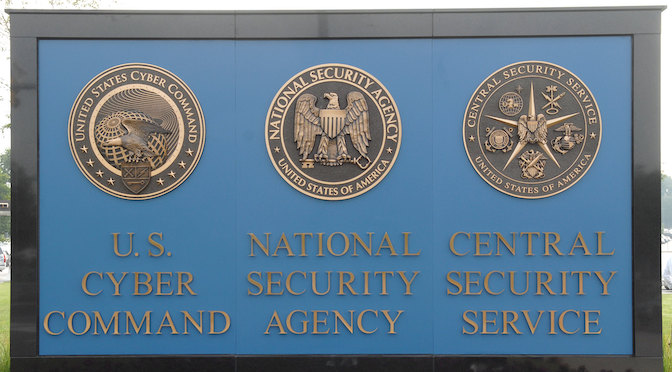In an era when cyberattacks are becoming ever more prevalent, there is a growing demand for private companies to “hackback” to deter and defend against attacks. But federal law precludes them from doing so. Sam Parker addresses the risks and benefits of allowing companies to respond to cyber-threats by going on the offensive and analyzes… Continue reading Shot in the Dark: Can Private Sector “Hackbacks” Work?
Category: Cyberespionage
Willfulness and the Harm of Unlawful Retention of National Security Information
Discussions of the Espionage Act usually focus on the public’s conception of “spying.” Spies steal information that their government seeks to keep secret and disclose that information to other governments. A common acronym, “MICE,” describes the common motivations for spying: money, ideology, compromise, and ego. The Espionage Act, however, covers a broader set of conduct… Continue reading Willfulness and the Harm of Unlawful Retention of National Security Information
Bubbles Over Barriers: Amending the Foreign Sovereign Immunities Act for Cyber Accountability
More and more often, the Foreign Sovereign Immunities Act (FSIA) has protected cyberattack-conducting state actors and their cybersecurity contractors from legal liability and suits brought by victims seeking redress in US courts. Adam Silow argues that it is time for foreign sovereign immunity to receive an update for the digital era. State-sponsored cyberattacks and their… Continue reading Bubbles Over Barriers: Amending the Foreign Sovereign Immunities Act for Cyber Accountability



